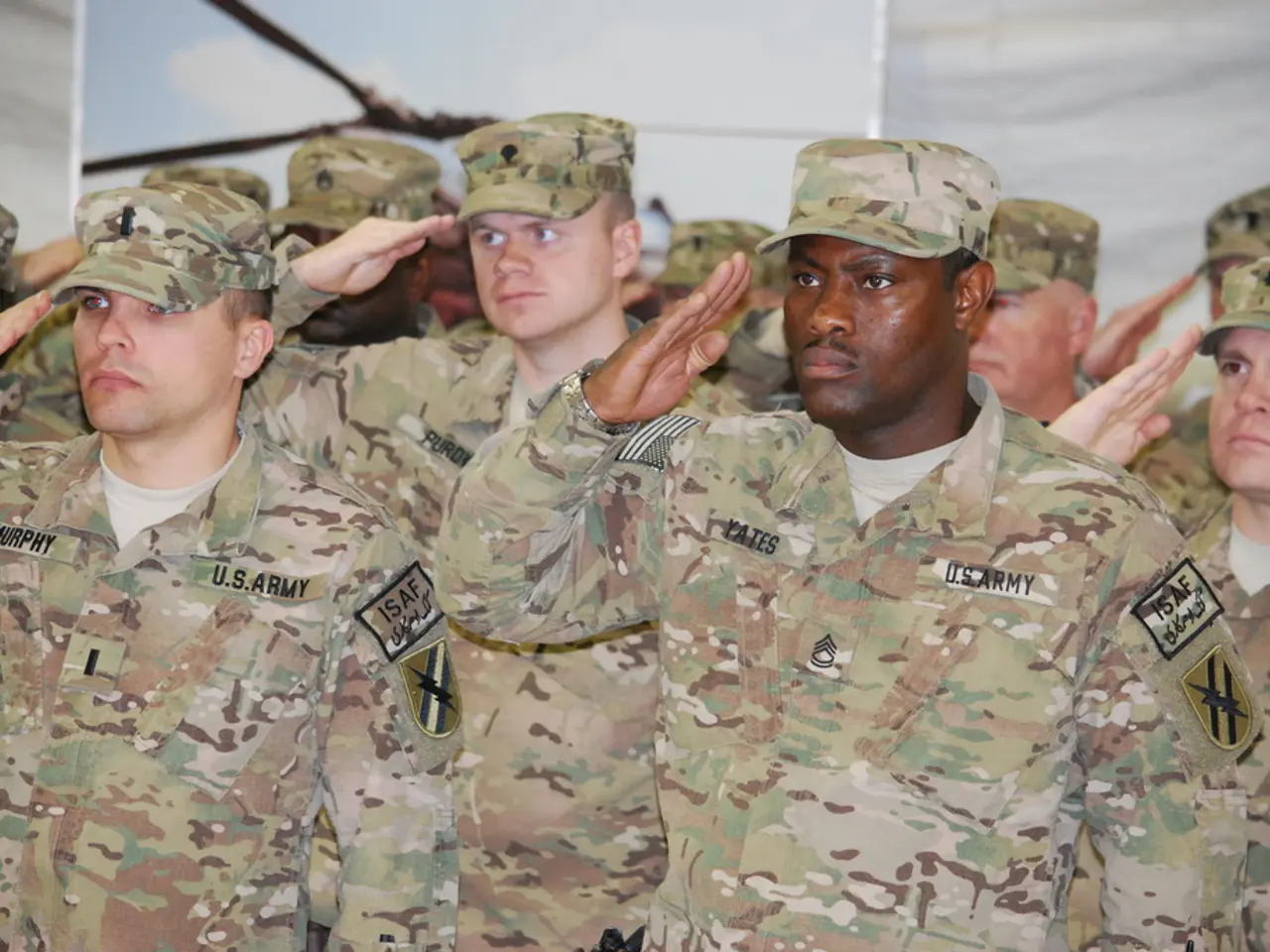Developing My Leadership Skills as a Commander
Lt. Gen. James Dubik: A Lifetime of Service and Leadership
Lt. Gen. James Dubik served in the US Army for over 37 years, a career that spanned from 1971 to 2010. Although he retired in 2010, he was not active in any official military capacity from 2009 to 2013.
During his tenure, Dubik held several significant positions. From 2007 to 2008, he served as the Commanding General of the Multinational Security Transition Command – Iraq (MNSTC-I), where he focused on building and training Iraqi security forces during the "Surge" phase of the Iraq War. From 2008 to 2010, he was the Commanding General of the US Army Combined Arms Center and Fort Leavenworth, overseeing the development of military doctrines, training, and education within the US Army.
Dubik was officially retired in July 2010. His beliefs about leadership are rooted in creating a unit where each soldier and subordinate feels important, valued, and respected. He emphasizes that this approach expands informal authority, creates greater cohesion, and increases combat readiness.
After retiring, Dubik remained active in the field of security politics and consultation, but not in an official military capacity. He published articles, analysed security developments, and spoke at conferences. However, none of these activities were "assignments" from the US Army or the US government in the sense of official military commands.
Throughout his career, Dubik served under both Republican and Democratic administrations, for eight commanders in chief, from Richard Nixon to Barack Obama. He led soldiers and subordinates of various religions and backgrounds, including Asian Americans, Hispanic Americans, Native Americans, Black Americans, white Americans, and those not yet Americans. His soldiers expected him to treat each with dignity and respect, regardless of their differences.
Dubik is the author of "Just War Reconsidered: Strategy, Ethics, and Theory". He believes that the expectations set for him were right for leaders of a democratic Army and of soldiers representing America. His father, a World War II and Korean War veteran, advised him to treat soldiers with respect.
Dubik led U.S. and multinational troops in various missions, including Haiti in 1994, Bosnia in 1999, and Iraq in 2007-08. In Bosnia and Iraq, leading NATO troops was also part of his responsibility. He has seen the Army go through multiple transformations, including from the Vietnam Army to the Army of the First Gulf War, and now adapting to a strategic environment reflective of the fourth industrial revolution and great-power competition.
Currently, Dubik is a senior fellow of the Association of the U.S. Army and holds a doctorate from Johns Hopkins University. He understands that soldiers and subordinate leaders make career and life decisions based on how they are treated in the unit, how their development is looked after, and the value placed on their service. He believes that exercising authority justly is important, ensuring procedural justice is as important as the outcome of the process. He emphasises the importance of tough, realistic training, including hard physical training, long road marches, blank and live-fire training, and integration of combat, combat support, and combat service support.
Read also:
- Peptide YY (PYY): Exploring its Role in Appetite Suppression, Intestinal Health, and Cognitive Links
- Toddler Health: Rotavirus Signs, Origins, and Potential Complications
- Digestive issues and heart discomfort: Root causes and associated health conditions
- House Infernos: Deadly Hazards Surpassing the Flames








